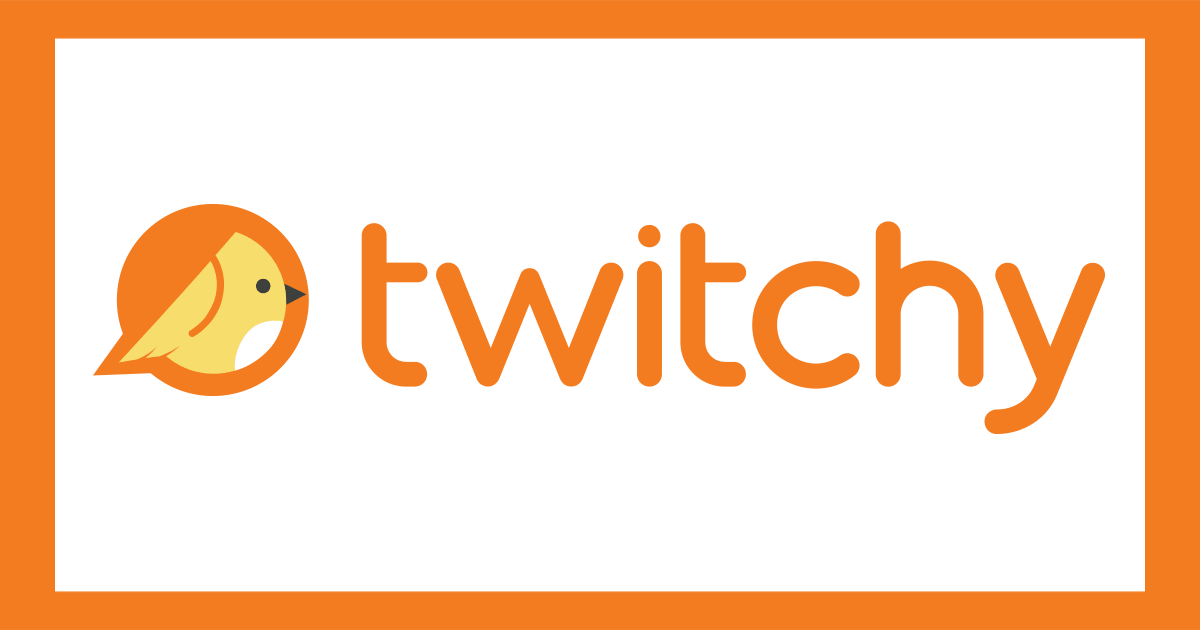Recently, NPR proudly unveiled a helpful tool to help journalists find experts who aren’t so, you know, white.
Journalism has a problem with source diversity. That's why I am SO proud of this resource. All the experts here are @NPR-vetted. You can search by location or field.
Use it to tell fuller stories. And end each interview with: "Who else should I talk to?" https://t.co/Tv5ja4fSfx— Saeed Ahmed (@saeed_ahmed) May 19, 2021
But because NPR is so generous, they also want to help the general public. With really, really important things, of course:
Not sure how to ask someone their pronouns? Or confused about what different gender terms mean?
We put together a 101 guide to common terms about gender identity, how to talk about gender respectfully — and why it matters 👇https://t.co/5hwHcIxvvD
— NPR (@NPR) June 2, 2021
NPR worked closely with GLAAD on this guide, so you know it’s quality stuff.
We can’t post the whole thing, but here’s what the guide has to say about whether people should be asking about each other’s pronouns and when it’s appropriate to ask:
Knowing each other’s pronouns helps you be sure you have accurate information about another person.
How a person appears in terms of gender expression “doesn’t indicate anything about what their gender identity is,” GLAAD’s Schmider says. By sharing pronouns, “you’re going to get to know someone a little better.”
And while it can be awkward at first, it can quickly become routine.
[Rodrigo Heng-Lehtinen, deputy executive director of the National Center for Transgender Equality] notes that the practice of stating one’s pronouns at the bottom of an email or during introductions at a meeting can also relieve some headaches for people whose first names are less common or gender ambiguous.
“Sometimes Americans look at a name and are like, ‘I have no idea if I’m supposed to say he or she for this name’ — not because the person’s trans, but just because the name is of a culture that you don’t recognize and you genuinely do not know. So having the pronouns listed saves everyone the headache,” Heng-Lehtinen says. “It can be really, really quick once you make a habit of it. And I think it saves a lot of embarrassment for everybody.”
“It saves a lot of embarrassment for everybody.”
Not for NPR, though. We’re pretty embarrassed for them right now.
Has there ever been a more spoiled First World Problem than this silliness? https://t.co/4ujRDQCT1f
— Staunch Curmudgeon (@StaunchCon) June 3, 2021
No serious person needs to know anything about this clownery. https://t.co/73Znoj0dv6
— Dr. Shooty McBeardface™ (@ShootyMcBeard) June 3, 2021
Thanks, but I am absolutely sure that I will NEVER ask anyone 'their pronouns'.
— Demeter Aganippe (@Whatfreshhell5) June 3, 2021
— Aja🇯🇲🇬🇧⚢ (@Aja02537920) June 3, 2021
I second this motion pic.twitter.com/OIJu9Iyydy
— shoney (@t0etag) June 3, 2021
usually I just call people by their names.
— Perspicuous (@chaos_sonata) June 3, 2021
Crazy, right? But it just might work!
Can you add a section on how to properly deflect the question? I know quite a few teens who aren't quite comfortable enough with themselves to want to partake in any conversation about pronouns but feel pressured to commit to a set when questioned.
— Jaia *Science is like magic, only real!* 💫 (@handmadebyjaia) June 2, 2021
Hmmm … how about this?
I don't care https://t.co/zmSQXFeqF2
— Ahmed Al Asliken (@assliken) June 3, 2021
— Alanzinhio (@AlanBT5) June 2, 2021
“Eff off” would also be an appropriate way to deflect the question.
Who pays for this?
What?! ME???
— Ron Coleman (@RonColeman) June 3, 2021
Can we defund they/them yet?
























Join the conversation as a VIP Member